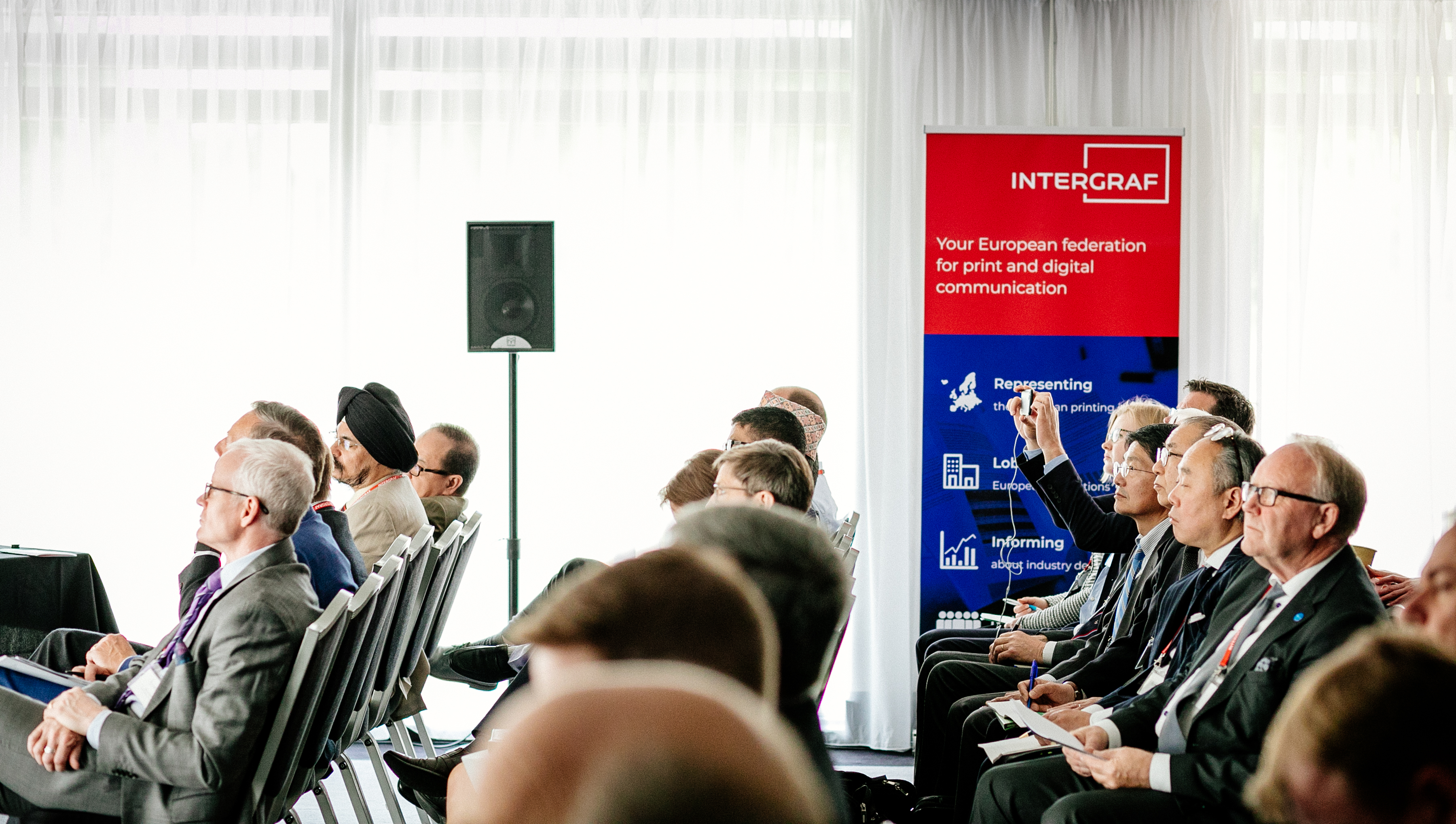Proposal for a Directive on Medicinal Products for Human Use – the essential role of package leaflets
13 October 2023
European legislation does not protect the right of consumers to choose to be contacted offline. Until EU consumer law simultaneously focuses on online and offline fairness, a substantial number of consumers will be treated unfairly. Taking a ‘digital only’ or ‘digital first’ approach is not neutral – it threatens existing (offline) rights and can increase exclusion. Existing European digital rights and principles fail to address this, creating a loophole for companies and service providers to treat their offline customers unfairly. Consumers in Europe need to have their right to choose between physical and digital communications protected by law. Such protections can – and should – be provided in the Consumer Rights Directive.
1. Accessibility and patients’ safety
Article 63.3 of the Commission’s proposal states that
“it should be ensured that the information in digital format is easily accessible to all patients”.
This objective is laudable but unachievable. According to the European Commission’s own statistics, 34% of Europeans have only low or no digital skills. Moreover, on average 7.5% of European households have no internet access and 8% have either never used internet or not used for more than one year[1]. Relying on digital access to medication information goes against the principle of inclusion. The removal of the paper leaflet will penalise many patients, mainly the most vulnerable ones – those excluded because of age, lack of skills or lack of resources.
2. Patient’s right to printed leaflet
Article 63.3 of the Commission’s proposal states that
“if the package leaflet is only made available electronically, the patient’s right to a printed copy of the package leaflet should be guaranteed upon request and free of charge”.
The patients’ right to a printed copy has merit but cannot be implemented in practice. The proposal does not provide a practical solution for Member States to implement this provision. Moreover, the Impact Assessment does not address the technical and economic feasibility of this provision.
We understand the proposal suggests the supply of a printed copy could be handled at the point of sale, ie by pharmacists.
The printing of pharmaceutical leaflets is an industrial process monitored by strict operating procedures (from the selection of the paper, the designing phase to the printing and packing phases). The process is handled by trained workers and governed by very strict specifications and conditions set by the pharmaceutical industry itself.
How can it be expected that pharmacists or any other operators could supply leaflets that meet the technical specifications and appropriate level of security required for the production and handling of medical leaflets? Print on demand cannot provide the same level of quality and safety as industrial-level printing.
Additionally, the patients’ right to a printed copy shifts the burden to access the medication information from the pharmaceutical company to the patient, increasing the risk of oversight by the patient and the risk of errors when handling printed copies of several leaflets referring to different medications.
3. Addressing the issue of small markets
Solving the shortage and accessibility issues of medicines in small European markets through the possibility to remove the paper leaflet is a disproportionate solution.
Leaflet manufacturers are innovative and flexible companies. If pharmaceutical companies cooperate, leaflet manufacturers can provide practical solutions, like supplying small quantities of leaflets, to any European market.
4. Complementarity
Electronic paper information (ePI) may increase the possibilities to access the information on medicines but it should not replace the paper leaflet accompanying the medicines. They complement themselves. The exclusive use of ePI should only be considered in exceptional circumstances, when medicines are delivered by a medical professional (for instance to in-hospital patients).
The development of ePI has merits but it should not lead to Europe implementing a ‘digital only’ approach to its healthcare system. The move to a digital transition should stop when it leads to exclusion of a significant part of the population, in particular the most vulnerable ones, and puts their safety and health at risk.
Intergraf calls for maintaining leaflets in the package of medicinal products and therefore calls for the removal of Article 63.3 of the proposal for a Directive on the Union code relating to medicinal products for human use.
Intergraf is the voice of the European printing industry in Brussels. We represent 22 national printing federations in 21 countries in Europe. The printing industry provides jobs to 610,000 Europeans active in over 110,000 companies and generates a turnover of approximately € 70 billion. The industry throughout Europe consists mainly of small companies, as 90% of them employ fewer than 20 persons.
Intergraf is a supporter of MLPS – Medical Leaflet = Product Safety, which regroups specialist and regulated healthcare packaging producers.
[1] 62% of Europeans have only basic, low or no digital skills. Eurostat 2023 (indicators: levels of digital skills, level of internet access and internet use).
Download our position paper here.
{K2Splitter}





